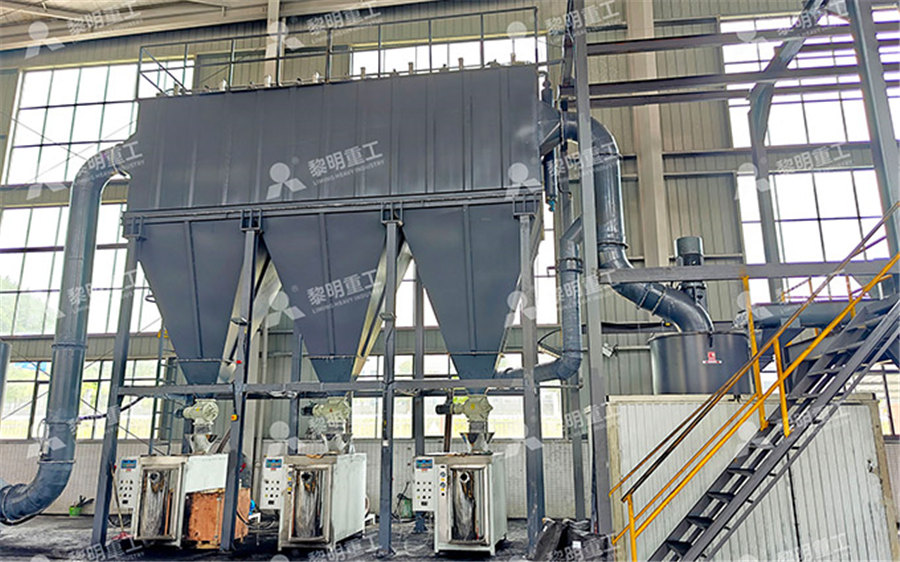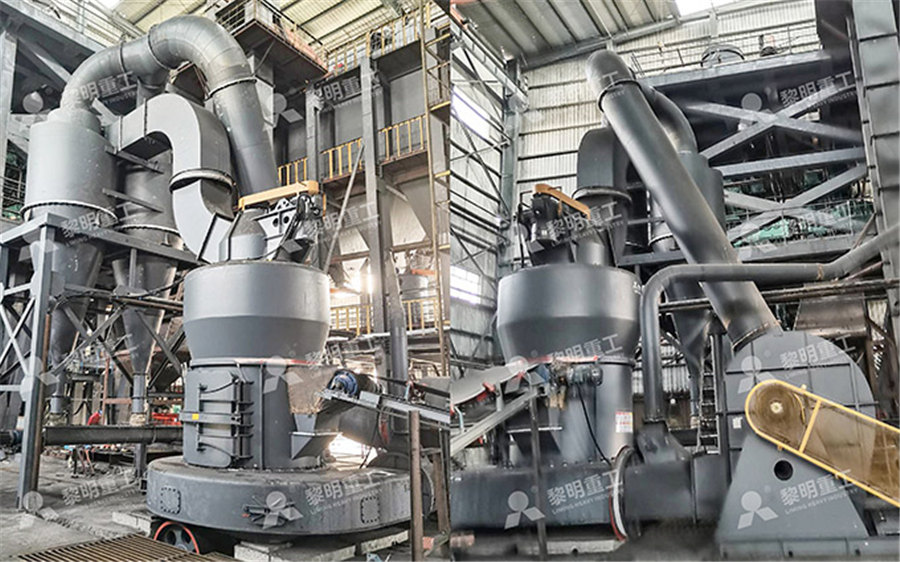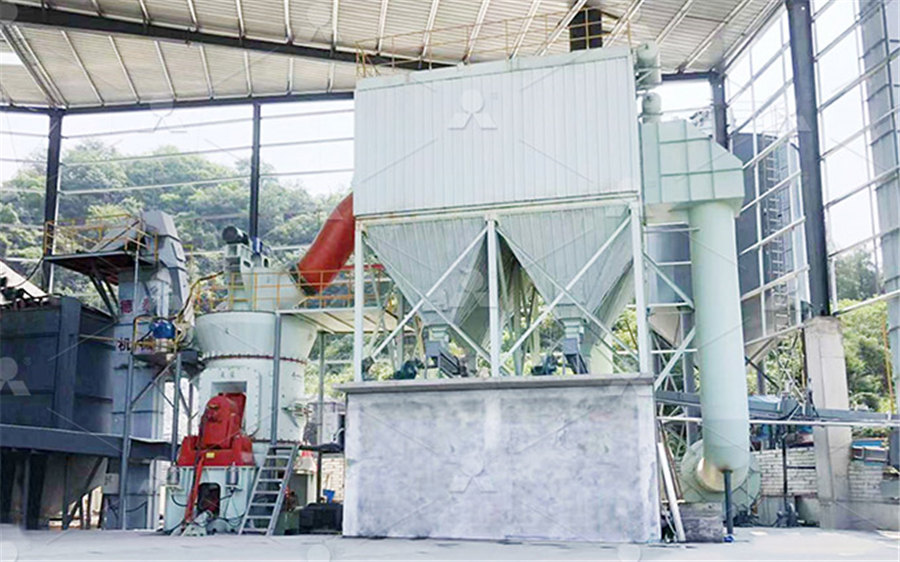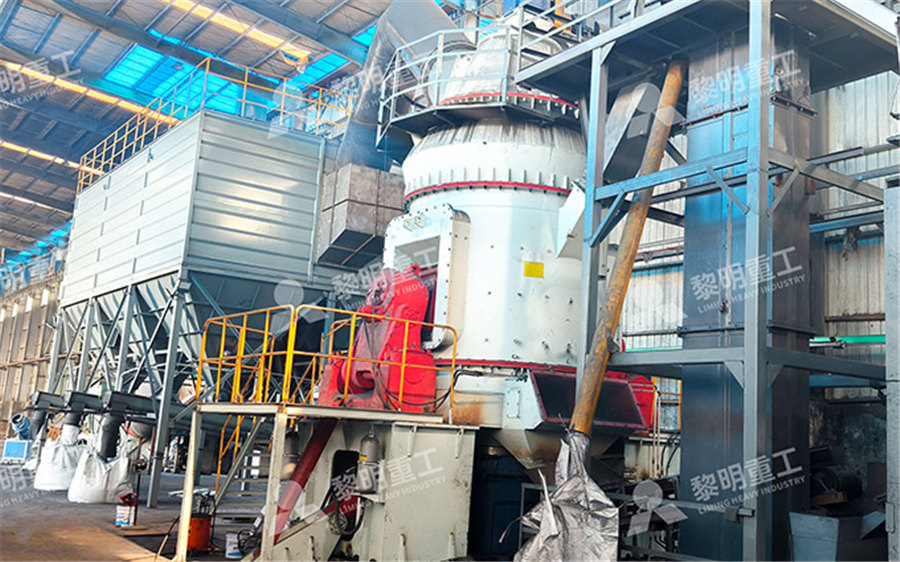
Dongming limestone calcite Dongming limestone calcite Dongming limestone calcite
.jpg)
REE distribution curves of calcite and dolomite at
The results show that the dolomite slowly decomposes at temperatures over 300 °C and calcite is formed in the limestone instead The argillaceous content of the limestone starts to decreasethere are only three really important carbonate minerals: calcite, aragonite, and dolomite (In the parlance of mineralogy, the first two are said to be polymorphs) And aragonite is unimportant Chapter 5 LIMESTONES MIT OpenCourseWareDolomite (CaMg(CO3)2) is a diagenetic mineral occurring throughout geological time which replaces the precursor limestone via dolomitization Dolomitization can alter rock properties Dolomite and highmagnesium calcite: Case studies from 2 天之前 The knifelike structure generally develops on the weathered surfaces of dolostone, characterized by irregular distribution of karst ditches, whereas the mechanism driving its Dedolomitization arises the knifelike structure of Springer

Genesis and reservoir preservation mechanism of 10 000‐m
2024年8月11日 Some of the dolomite fractures in the Cambrian Xiaoerbrak Formation are filled with calcite, which has a residual structure typical of limestone, indicating that the Xiaoerbrak 2011年1月1日 The first is modally dominated by dolomite (CaMg(CO 3) 2), the second by calcite (CaCO 3) and there is a complete gradation between the pure dolomite and limestone “end Metamorphism of Dolomites and Limestones SpringerLink2022年4月14日 In argillaceous limestone containing coarsegrained calcite, the higher the calcite content, the more developed the recrystallized intercrystalline pores and fractures are, Frontiers Characteristics of Lithofacies Combinations and Dolomite, type of limestone, the carbonate fraction of which is dominated by the mineral dolomite, calcium magnesium carbonate Along with calcite and aragonite, dolomite makes up Dolomite Formation, Structure, Properties, Uses, Facts Britannica

Limestone Characteristics, Formation, Texture, Uses, Facts
2024年10月30日 Limestone, sedimentary rock composed mainly of calcium carbonate, usually in the form of calcite or aragonite It may contain considerable amounts of magnesium 2024年9月6日 When cobalt replaces calcite, it gives the mineral a lovely pink color, and we call it cobaltocalcite Cadmium can substitute in smithsonite, giving it a nice yellow color What is calcite can also be determined by quantity Dolomite crystals do not develop as often as calcite, which is by far the most abundant carbonate mineralWhat Is Calcite Vs Dolomite? Rock Gem Magazine2024年1月7日 Limestone Credit: FOX Landscape Limestone is a common type of rock in geology It has a rich history in geological research and a wide array of uses that extend from construction to agricultureLimestone: characteristics, formation, uses ZME Science25 Most of the calcite precipitated by marine organisms contains a certain percentage of magnesium Such calcite is called magnesian calcite; it’s subdivided into lowmagnesium calcite and highmagnesium calcite at 4% MgCO3 content Generally the more advanced the organism, the less magnesium in the calciteIn the case of red algae, an important sediment producer, theChapter 5 LIMESTONES MIT OpenCourseWare
.jpg)
Limestone vs Dolomite: What Are They, And What’s The
Limestone is composed of minerals such as calcite and aragonite Limestone consists of 80 percent calcite and Dolomite with more than 50% calcium carbonate Did you know limestone formations contain approximately 30% of the world’s petroleum reservoirs? Limestones can be formed through both biological and nonbiological processes2022年9月15日 Rogers City, Michigan, United StatesThe Michigan Limestone and Chemical Company (aka Michigan Limestone) operates a giant limestone quarry near Rogers City, Michigan; the high purity of this deposit and nearby water transportation led to the development here of a port and, at 8,024 acres, Rogers City 4 miles long and 15 miles wide Limestone World’s Largest Limestone Quarry: world record in Rogers City, Limestone is a sedimentary rock composed primarily of calcite, a calcium carbonate mineral with a chemical composition of CaCO 3 It usually forms in clear, calm, warm, shallow marine waters Limestone is usually a biological sedimentary rock, forming from the accumulation of shell, coral, algal, fecal, and other organic debrisLimestone: Rock Uses, Formation, Composition, Pictures2023年11月24日 Fossiliferous limestone is a type of sedimentary rock that contains abundant fossils It is formed through the accumulation and compression of organic remains, such as shells, coral, and other marine organisms, along with sediments The fossils preserved in fossiliferous limestone provide valuable insights into past life forms and environmental conditionsFossiliferous Limestone : Formation, Properties, Uses Geology

Dissolution and Deformation Characteristics of Limestones
2023年2月21日 Calcite dissolution leads to the formation of macropore and flow channels in pure limestone, while the effects of impure dolomite in impure limestone results in mesopore formation When confining pressure is lower than 12 MPa, pure limestones demonstrate higher strain sensitivity coefficients compared to impure limestone containing dolomite after reaction2015年9月30日 Trace element geochemistry for dolomitic limestones was carried out by chemical separation of the constituent calcite and dolomite A fiveminute treatment for finegrained dolomitic limestone Differential dissolution technique for the geochemical separation 2022年4月12日 Limestone is a sedimentary rock comprised chiefly of calcium carbonate (CaCO3) Deposits are extensive around the world Therefore, there is a high variability of limestone deposits Typically, they are formed in two main environmentsCalcium Carbonate (Calcite) SpringerLinkLimestone (calcium carbonate CaCO 3) is a type of carbonate sedimentary rock which is the main source of the material limeIt is composed mostly of the minerals calcite and aragonite, which are different crystal forms of CaCO Limestone Wikipedia

Calcite an overview ScienceDirect Topics
Calcite is the most common polymorph of calcium carbonate found in the Earth's crust, and it is the main component of limestone It plays a crucial role in geochemical systems by exchanging carbonate ions with aqueous solutions, influencing the chemical behavior of soils and sediments, and acting as a sink for heavy metals and contaminants in various environments2023年11月20日 Imagine calcite being the main ingredient in a recipe, and then something else gets added to change it In dolomite’s case, that something else is magnesium This process is a bit like magic and can take a really long time It Calcite vs Dolomite How To Tell Them Apart (With Request PDF On Dec 1, 2016, Dawoud Al Mahrouqi and others published Zeta potential of artificial and natural calcite in aqueous solution Find, read and cite all the research you need on Zeta potential of artificial and natural calcite in aqueous solutionCalcite CaCO 3 Origin of Name From the Latin word calx, meaning “burnt lime” Figure 14361: Calcite cleavage fragments Figure 14362: Calcite cleavage fragments Hand Specimen Identification Calcite is identified by its hardness of 3, rhombohedral cleavage, and effervescence in cold dilute HCl It may be confused with dolomite or aragoniteDolomite however, does not 1471: Calcite Group Minerals Geosciences LibreTexts
.jpg)
Carbonation, strength development, and characterization of
2021年1月1日 All the diffraction peaks of the raw limestone corresponded to calcite, confirming the high purity of the limestone used in this study Upon calcination, the calcite (CaCO 3) peaks almost totally disappeared in the calcined limestone sample due to its decomposition to form lime (CaO), whose peaks became more apparentaragonite to calcite (orthorhombic to trigonal), and the dolomitisation of calcite by absorption of magnesium from surrounding water Marble is formed by the metamorphism of limestone If the limestone contains other materials such as sand and clay, the calcite will react with them to produce calcsilicateMineral Commodity Report 21 Limestone, marble and dolomiteThe Michigan Limestone and Chemical Company operated the world's largest limestone quarry (Michigan Limestone; a/k/a the "Calcite Quarry"; "Calcite Plant and Mill"; and "Carmeuse Lime and Stone"), which is located near Rogers City in Presque Isle County, MichiganIt was formed and organized in 1910; however, production did not begin until 1912Michigan Limestone and Chemical Company Wikipedia2019年11月7日 Calcium carbonate (CaCO 3) is a relatively common mineral on the Earth’s crust and occurs mainly in the forms of calcite and aragoniteCalcite, the stable polymorph at ambient conditions, is Luminescence reveals variations in local structural order of calcium

Differential dissolution technique for the geochemical separation
undesired dolomite dissolution in the calcite fraction (ie, the 05MAcA) was evaluated as follows (the contribution of dolomite dissolution to the calcite fraction): Dissolved dolomite amount Dissolved calcite amount Dissolved dolomite amount+ ¥100 1() ()%, Fig 1 Dissolution rates of calcite, aragonite, and dolomite in 05 M acetic acid 2016年1月1日 Dongming Yan; Shaoqin Ruan; Nucleation effects of seeds in RMC systems have been reported, (Tetteh et al 2020) along with the ZP data for natural calcite and limestone outcrops Zeta Potential of Intact Natural Limestone: Impact of Potential Calcite is a major component in limestone and dolomite Uses Calcite is the mineral component of limestone which is used primarily as construction aggregates, and in production of lime and cement Limestone also is used in a Calcite Minerals Education CoalitionCalcium Carbonate Formula It is a chemical compound with the chemical formula CaCO 3; It is a white insoluble powderlike substance which occurs naturally in minerals, chalk, marble, limestone, calcite, shells, pearl, etc; Medicinally, it is Limestone: Calcium Carbonate (CaCO3) Uses,

Calcitic Lime vs Dolomite Lime
2015年11月16日 Author/Reviewed By: Josh Miller, Sales Manager: Baker Lime North America Minerals Published: 11/16/2015 – Updated: 8/23/2021 On the surface, Calcitic lime and dolomite lime seem like very similar products They are both made from pulverized limestone, and both are effective at raising the pH in acidic soils2024年11月7日 Found all over the world, calcite is the most stable form of calcium carbonate and is the main mineral found in limestone We find calcite in the ocean, in shells or hard parts of marine organisms like plankton, coral reefs, types of red algae, oysters and sponges There is even a stalactitic form of calcite found in limestone cavesCalcite: the versatile mineral shaping the future of carbon removalPorosity can increase during dolomitization due to a loss in molar volume (Machel, 2004) in particular during the early stages of calcitetodolomite replacement due to the synchronization between Thin section of limestones and different dolomite fabrics in the Modal composition of the rock is 1535 % micrite, 520 % bioclasts and 5265 % calcite The limestone is nonfractured to moderately fracture and shows 10 15 % channel porosity (Fig 2a)Microphotographs of limestones from a MH showing calcite and

Characteristics and formation mechanisms of silicified carbonate
2018年2月19日 In 2013, silicified carbonate reservoirs were discovered in the Yingshan Formation of well SN4 in the Tarim Basin (666881–6681 m), and a highyield gas flow of approximately 40 × 10 4 m 3 per day was tested (Wang et al, 2014a)Thus, silicified reservoirs represent a new type of reservoir in the Tarim Basin, and have been the focus of many host limestone is mainly composed of calcite (992%) and that the content of quartz is less than 1% by weight The main minerals of the soft interlayer are calcite, clay minerals, and quartz, as shown in Fig 2b and Table 1 The average density of the rock is approximately 267 g/cm, and itsInfluence of Cyclic Wetting Drying on the Shear Strength of Limestone 2007年4月1日 Limestone, mainly consisting of calcite, is a permitted additive to Portland cements often up to a 5 wt% limit It is shown by experiment and calculation that much, if not all, of this calcite is The Role of Calcium Carbonate in Cement Hydration2024年9月6日 When cobalt replaces calcite, it gives the mineral a lovely pink color, and we call it cobaltocalcite Cadmium can substitute in smithsonite, giving it a nice yellow color What is calcite can also be determined by quantity Dolomite crystals do not develop as often as calcite, which is by far the most abundant carbonate mineralWhat Is Calcite Vs Dolomite? Rock Gem Magazine

Limestone: characteristics, formation, uses ZME Science
2024年1月7日 Limestone Credit: FOX Landscape Limestone is a common type of rock in geology It has a rich history in geological research and a wide array of uses that extend from construction to agriculture25 Most of the calcite precipitated by marine organisms contains a certain percentage of magnesium Such calcite is called magnesian calcite; it’s subdivided into lowmagnesium calcite and highmagnesium calcite at 4% MgCO3 content Generally the more advanced the organism, the less magnesium in the calciteIn the case of red algae, an important sediment producer, theChapter 5 LIMESTONES MIT OpenCourseWareLimestone is composed of minerals such as calcite and aragonite Limestone consists of 80 percent calcite and Dolomite with more than 50% calcium carbonate Did you know limestone formations contain approximately 30% of the world’s petroleum reservoirs? Limestones can be formed through both biological and nonbiological processesLimestone vs Dolomite: What Are They, And What’s The 2022年9月15日 Rogers City, Michigan, United StatesThe Michigan Limestone and Chemical Company (aka Michigan Limestone) operates a giant limestone quarry near Rogers City, Michigan; the high purity of this deposit and nearby water transportation led to the development here of a port and, at 8,024 acres, Rogers City 4 miles long and 15 miles wide Limestone World’s Largest Limestone Quarry: world record in Rogers City,
.jpg)
Limestone: Rock Uses, Formation, Composition, Pictures
Limestone is a sedimentary rock composed primarily of calcite, a calcium carbonate mineral with a chemical composition of CaCO 3 It usually forms in clear, calm, warm, shallow marine waters Limestone is usually a biological sedimentary rock, forming from the accumulation of shell, coral, algal, fecal, and other organic debris2023年11月24日 Fossiliferous limestone is a type of sedimentary rock that contains abundant fossils It is formed through the accumulation and compression of organic remains, such as shells, coral, and other marine organisms, along with sediments The fossils preserved in fossiliferous limestone provide valuable insights into past life forms and environmental conditionsFossiliferous Limestone : Formation, Properties, Uses Geology 2023年2月21日 Calcite dissolution leads to the formation of macropore and flow channels in pure limestone, while the effects of impure dolomite in impure limestone results in mesopore formation When confining pressure is lower than 12 MPa, pure limestones demonstrate higher strain sensitivity coefficients compared to impure limestone containing dolomite after reactionDissolution and Deformation Characteristics of Limestones 2015年9月30日 Trace element geochemistry for dolomitic limestones was carried out by chemical separation of the constituent calcite and dolomite A fiveminute treatment for finegrained dolomitic limestone Differential dissolution technique for the geochemical separation

Calcium Carbonate (Calcite) SpringerLink
2022年4月12日 Limestone is a sedimentary rock comprised chiefly of calcium carbonate (CaCO3) Deposits are extensive around the world Therefore, there is a high variability of limestone deposits Typically, they are formed in two main environments













